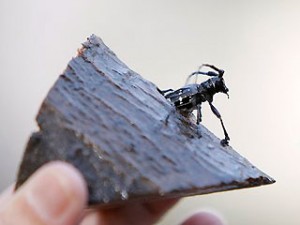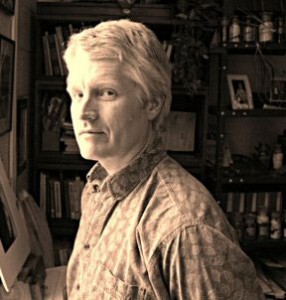Tuesday, November 8, 2011
7:30 PM
The Flipside of Biological Invasions: The Positive Social Impact of Working with the Asian Longhorned Beetle
MCZ 101, 26 Oxford Street, Harvard University
Michael Bohne, US Forest Service
Forest Service Entomologist Michael Bohne started working on Asian longhorned beetle in Ningxia, China in 1999 and has been actively involved in the eradication efforts in New York, New Jersey and Massachusetts. He will discuss his perspective on Asian longhorned beetle eradication, including experiences with management, research and public outreach. The presentation will highlight how entomology can capture the imagination of the public and how a person interested in working with insects can end up in a career working with people.
The talk is free and open to the public. The meeting is readily accessible via public transportation. Parking is available in the Oxford Street Garage with advance arrangement, as described here, or (usually but not always) at spaces on nearby streets. Everyone is also welcome to join us for dinner before the talk (beginning at 6:15 PM) at the Harvard Law School cafeteria, on the second floor of Harkness Commons.
CEC meetings are held the second Tuesday of the month from October through May. The evening schedule typically includes an informal dinner (6:15 to 7:15 PM) followed by our formal meeting (7:30 – 9:00 PM). The latter begins with club business and is followed by a 50 minute entomology related presentation. Membership is open to amateur and professional entomologists.




